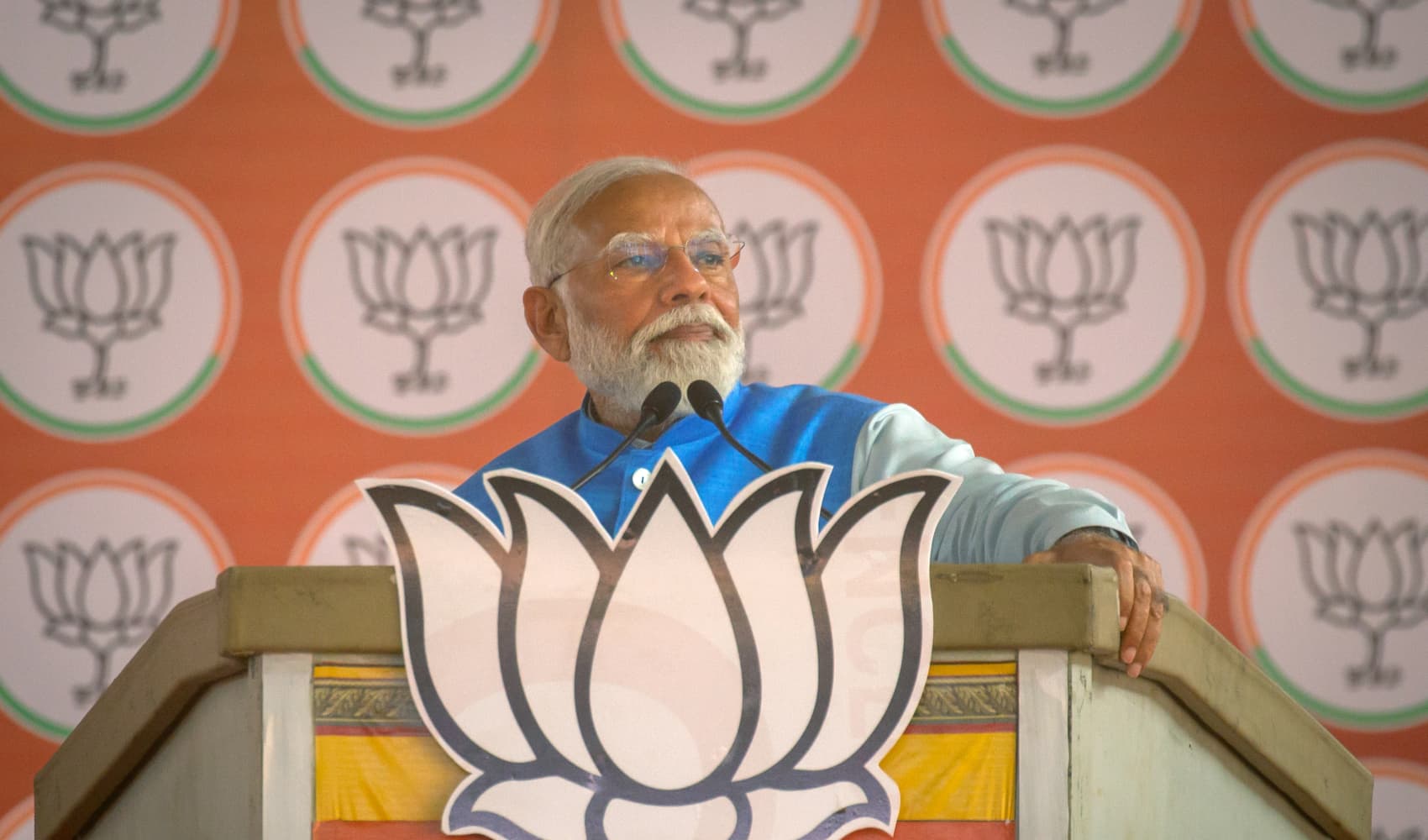
Since leaving Google, Eric Schmidt has focused his energy on tackling big global problems — and none, he says, are as pressing as climate change.
"If we don't address climate change, we really will be toast," Schmidt, Google's former CEO and chairman, tells CNBC Make It. "If you look at the rate of melting in the Antarctic ice sheet as well as in Greenland, it's quite concerning."
In 2017, Schmidt left Google's executive chairman post and launched a philanthropic initiative, Schmidt Futures, to support big-idea research in fields like artificial intelligence, biology and energy. Over the past five years, he says, he's learned that climate change isn't just a long-term problem.
Once those ice sheets melt, it will take "a million years for them to get recovered," Schmidt, 66, says. "So we really are putting the jeopardy of our grandchildren, great-grandchildren and great-great-grandchildren at risk."
Get New England news, weather forecasts and entertainment stories to your inbox. Sign up for NECN newsletters.
According to research published in January 2021, the world is now losing 1.2 trillion tons of ice each year — a 60% increase from the 1990s — and it's projected to only get worse, experts warn. Calculations from Harvard researchers predict global sea levels could rise about three feet within the next 1,000 years if the Antarctic ice sheet collapses.
Schmidt, who was hired by Google co-founders Larry Page and Sergey Brin in 2001 to provide some "adult supervision" to their growing web-search engine, knows all about the engineering work needed to revolutionize industries: He served as Google's CEO from 2001 to 2011, helping transform the young Silicon Valley startup into a global tech behemoth.
In the case of climate change, the energy industry needs some major changes, Schmidt says. The problem, he adds, is that most people and companies are focused on shorter-term issues. "But the fact of the matter is that [climate change is] a great challenge, and something that's well worth our time," he says.
Money Report
Ideally, he says, artificial intelligence can play a vital role in combating climate change going forward. Schmidt Futures is already using AI to improve climate modeling research through a program called Virtual Earth System Research Institute (VESRI). And last year, Schmidt co-wrote a book, "The Age of AI," as a roadmap of what the technology's future could be like.
"The AI situation is 10% into where it's going go," he says, citing "large language models" — which power the latest generation of AI chatbots — as the first step toward general intelligence in computers, where people can speak conversationally with them.
"Imagine the perfect AI system that helps you," Schmidt says. "It knows you. It travels with you. It's on your phone ... and you trust it."
The goal, Schmidt says, is for that AI system to help you come up with ideas and create suggestions to make people's lives better.
"That's the future," he says.
Don't miss:






